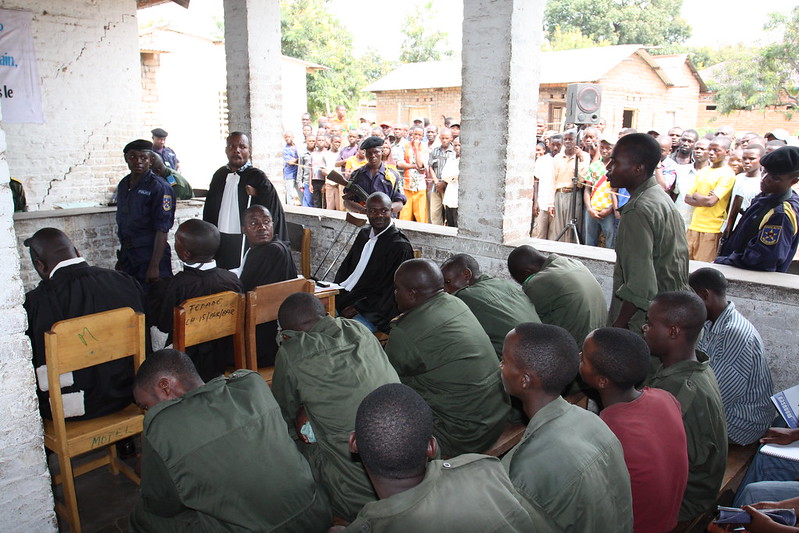
Reflections on a Decentralised Approach to Transitional Justice in the DR Congo

After decades of conflict, state violence and widespread impunity, recent political changes in the Democratic Republic of the Congo seem to be creating renewed prospects for the establishment of transitional justice processes. President Tshisekedi has signalled his interest in creating such processes, while local activists and the UN mission in the DRC are using this opportunity to further press their long-standing demands in this area. This policy brief is inspired by discussions that took place at a workshop organised in January 2021 in Kinshasa by civil society groups to outline what transitional justice in the DRC should look like. While many important points were discussed on this occasion, one interesting question that was raised was whether it might be feasible and appropriate to engage in decentralised approaches to transitional justice. This brief aims to contribute to this reflection by outlining the three forms that such a decentralisation could take – minimal, maximal and grounded – and how this may be put into practice in the DRC.
Version FR disponible ici.
(Photo credit: Open Society Initiative for Southern Africa, Flickr)